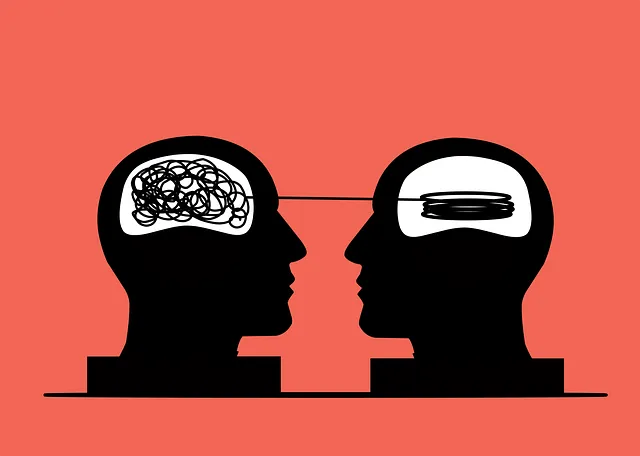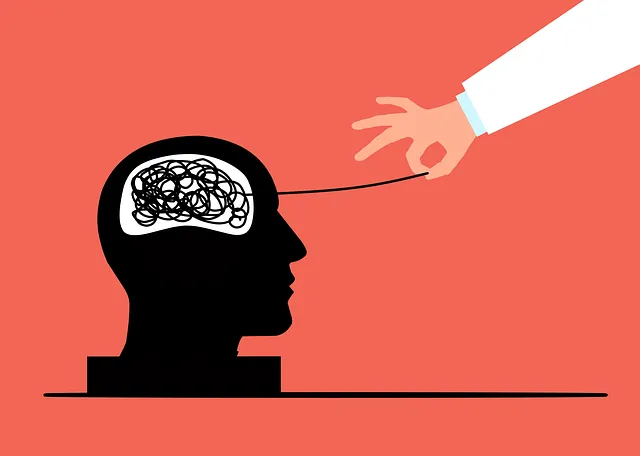Kaiser Permanente Lone Tree prioritizes holistic mental well-being through Trauma Support Services that teach resilience and culturally competent care. They host Stress Management Workshops for adults and teens, breaking down barriers around mental health and empowering early intervention. By identifying personal stressors and using mindfulness meditation, Kaiser Permanente fosters tailored coping skills and builds community resilience while reducing stigma.
In today’s fast-paced world, coping skills development is an essential foundation for maintaining mental well-being. Understanding how to navigate stress and adversity is crucial for overall health, making it a key focus area for organizations like Kaiser Permanente in the Lone Tree community. This article explores various facets of coping skills, including identifying personal stressors, building resilience, and leveraging resources like Kaiser Permanente’s support initiatives. By adopting practical strategies, individuals can enhance their ability to cope, fostering a more resilient and balanced life.
- Understanding Coping Skills: A Foundation for Mental Well-being
- Kaiser Permanente's Role in Lone Tree Community Support
- Identifying Personal Stressors and Triggers
- Building Resilience: Practical Strategies for Daily Life
Understanding Coping Skills: A Foundation for Mental Well-being

Coping skills are essential for maintaining mental well-being, especially in stressful or traumatic situations. At Kaiser Permanente Lone Tree, we recognize that understanding and developing effective coping mechanisms is a cornerstone of holistic healthcare. These skills empower individuals to navigate life’s challenges with resilience and adaptability.
Our Trauma Support Services focus on enhancing emotional intelligence—the ability to recognize and manage one’s own emotions and understand the feelings of others. By fostering emotional intelligence, healthcare providers can offer more culturally competent care. This involves understanding and respecting diverse backgrounds and experiences, which is crucial in building trust between patients and their caregivers. Through specialized training, our staff learns to create a safe space for individuals to process trauma, grief, or any other emotional struggles they may face.
Kaiser Permanente's Role in Lone Tree Community Support

Kaiser Permanente plays a pivotal role in providing mental health support to the Lone Tree community through various initiatives and programs. As an organization dedicated to holistic well-being, they offer a range of services designed to empower individuals with effective coping skills for managing stress and enhancing their overall mental health.
One notable aspect is their focus on community engagement, hosting Stress Management Workshops that cater to both adults and teenagers. These workshops aim to educate residents on practical self-care routines, enabling them to develop resilient coping mechanisms. By fostering a supportive environment, Kaiser Permanente encourages open discussions around mental health challenges, breaking down barriers and promoting early intervention. Through such programs, the organization actively contributes to building a stronger, more resilient Lone Tree community.
Identifying Personal Stressors and Triggers

Identifying personal stressors and triggers is a fundamental step in coping skills development, as it allows individuals to recognize what sets off their emotional and mental imbalances. This process involves self-reflection and awareness of various aspects of life that might be causing stress or triggering negative reactions. For instance, factors like work pressure, financial concerns, interpersonal relationships, or even specific environments can act as stressors. The Kaiser Permanente mental health services in Lone Tree emphasize the importance of this step, acknowledging that understanding one’s unique triggers is crucial for tailoring effective coping strategies.
In navigating mental wellness, recognizing patterns and indicators of stress is key. Mental Health Policy Analysis and Advocacy groups often highlight the role of mindfulness meditation in this regard, as it enables individuals to stay present and observe their thoughts and feelings without judgment. By becoming more attuned to one’s internal experiences, people can better identify triggers and develop healthier responses, thereby fostering improved mental wellness.
Building Resilience: Practical Strategies for Daily Life

Building resilience is a key aspect of coping skills development, empowering individuals to navigate life’s challenges with greater ease. According to Kaiser Permanente mental health experts in Lone Tree, this involves cultivating a mindset that enables one to adapt and bounce back from setbacks and stress. It’s about recognizing that while we can’t control external events, we can control our reaction to them.
Practical strategies for building resilience include fostering strong social connections, practicing mindfulness and self-care, and developing effective coping mechanisms such as problem-solving skills and mood management techniques. Mental illness stigma reduction efforts also play a significant role in encouraging individuals to seek support and engage in mental health awareness activities, ultimately leading to improved well-being and enhanced resilience.
Coping skills development is a vital aspect of maintaining good mental health, especially in challenging times. By understanding and identifying personal stressors, one can build resilience and effectively navigate life’s hurdles. Kaiser Permanente’s initiatives in the Lone Tree community exemplify the power of support systems in fostering mental well-being. Through practical strategies shared in this article, folks in Lone Tree and beyond can take proactive steps to enhance their coping abilities, revolutionizing their daily lives and overall mental health journey.






